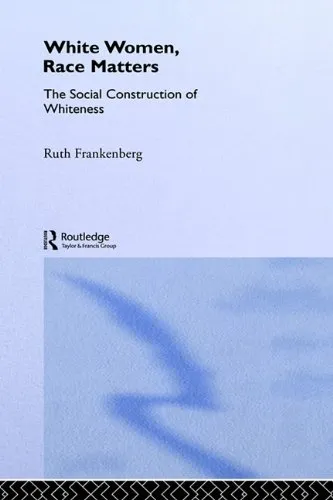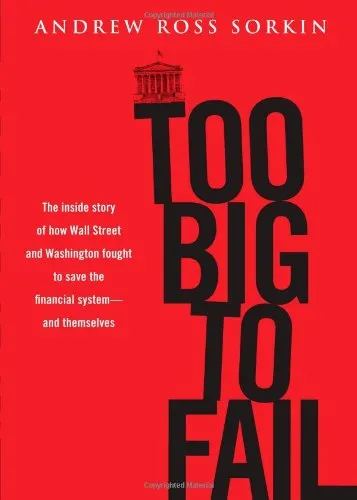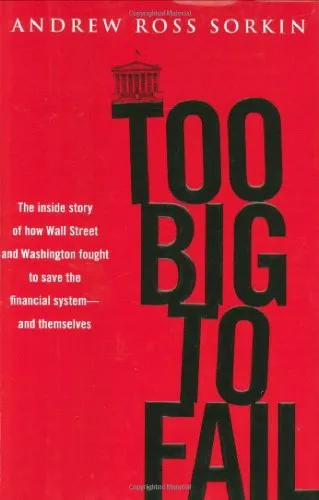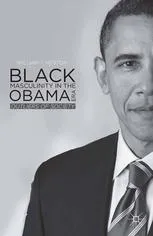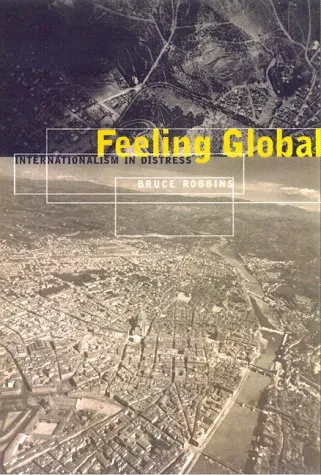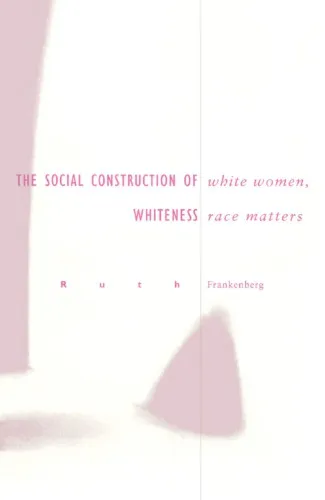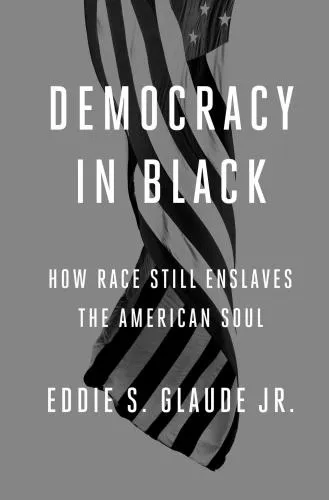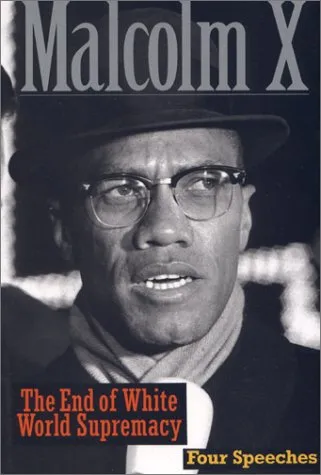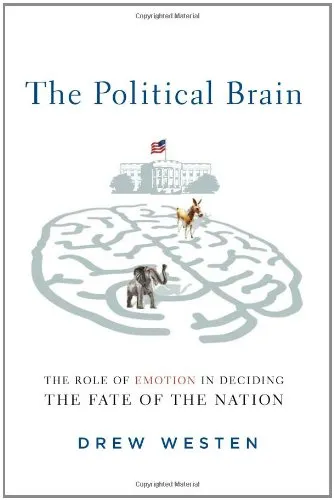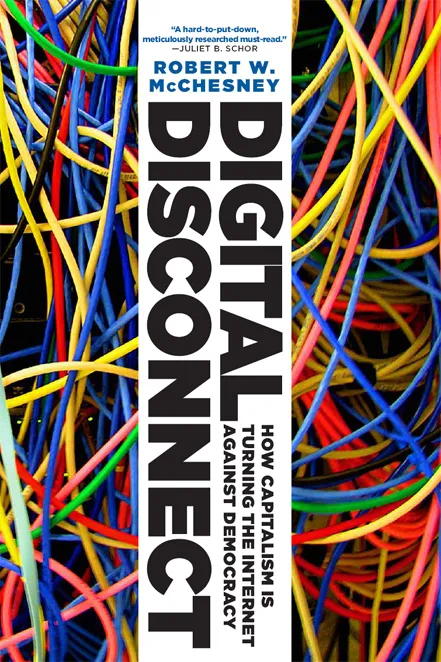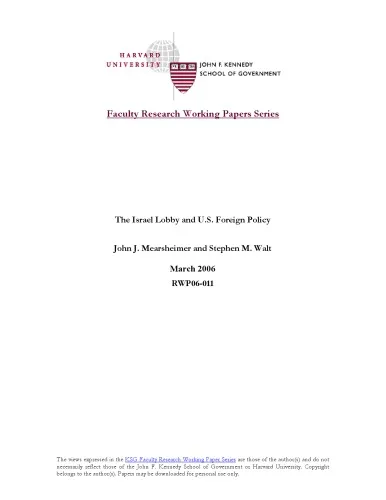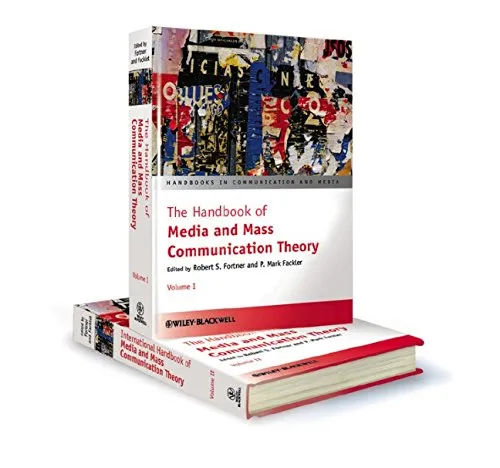White Women, Race Matters (Gender, Racism, Ethnicity)
4.5
Reviews from our users

You Can Ask your questions from this book's AI after Login
Each download or ask from book AI costs 2 points. To earn more free points, please visit the Points Guide Page and complete some valuable actions.Related Refrences:
Introduction
Racial identity, systemic oppression, and the intersections of gender and race form the backbone of discussions in modern society. In my book, White Women, Race Matters: The Social Construction of Whiteness, I examine these intersections to uncover the ways in which whiteness—often invisible and unchallenged—affects identities, power dynamics, and lived experiences in a world shaped by racism. This sociological study focuses on white women, exploring how their racial identity correlates with structural privilege, cultural interpretations, and social responsibility in a racially stratified society.
Through in-depth interviews, reflections, and theoretical approaches, this book delves into how white women navigate their racial identities in their everyday lives. It also aims to analyze the structures of power that render whiteness invisible to those who inhabit it, while highlighting its effects on both individual and institutional levels. It serves as a critical exploration of whiteness not as a neutral or default identity, but as a dynamic construct deeply intertwined with longstanding systems of privilege, domination, and inequality.
Detailed Summary of the Book
In White Women, Race Matters, the primary subject is the racial identity of white women, understood through the lens of whiteness studies. This exploration is grounded in interviews with over thirty white women, revealing divergent ways in which they understand, experience, and navigate their racial identities. The conversations provide insight into how race is lived on a daily basis—whether consciously or unconsciously—as well as the ways whiteness is perpetuated both personally and structurally.
The book goes beyond personal identities to critique systems of power and privilege. Whiteness, as argued in the book, is not merely a characteristic of individuals; it exists as a societal construct designed to maintain racial hierarchies. The framework of "social construction" becomes critical in understanding this, as it points out how race and gender are culturally defined categories that carry tangible social and material consequences.
Through the interviews, I present different dimensions of whiteness, from privilege and exclusion to the ways it dictates dominant cultural norms. The book addresses complicity in racism, even among white women who perceive themselves as progressive or non-racist, and invites readers to critically examine how whiteness operates in their own lives.
Key Takeaways
- Racial identity is not a passive state; rather, whiteness is an active social construct that shapes power relations and societal structures.
- White women often benefit from privilege owed to whiteness, even when they face gender-based oppression, creating complex layers of social positioning.
- Unpacking whiteness requires confronting the history and perpetuation of systemic racism, as well as questioning how privilege operates in everyday life.
- Conversations about race and identity must engage with the intersections of gender, class, and geopolitical context.
- Understanding whiteness is not a condemnation; rather, it is an invitation to recognize and disrupt systems of oppression for transformative change.
Famous Quotes from the Book
“Whiteness, like other racialized identities, is a relational category, defined in opposition to categories such as ‘Blackness’ or ‘Brownness.’ Its characterization shifts depending on context, but its power lies in its invisibility.”
“To be white in a racist society is to exist in a space of unearned privilege—and whether one actively acknowledges it or not, that privilege impacts everyone it encounters.”
“The unspoken norm of whiteness has been so deeply internalized in the Western psyche that it effectively defines power, normalcy, and legitimacy without question.”
Why This Book Matters
In a contemporary world still grappling with racial inequities and systemic injustice, understanding whiteness as a social construct is crucial for fostering meaningful and transformative change. White Women, Race Matters sheds light on often-overlooked perspectives of racial privilege by focusing on white women's racial identities—a group that holds a unique social positioning between privilege and oppression.
By examining whiteness critically, this book encourages introspection among white individuals and challenges them to deconstruct the systems of power they benefit from. Moreover, the book offers intellectual and emotional tools to recognize the connections between personal identity and systemic inequality. In doing so, it contributes to the ongoing dialogues around race, gender, and social justice in the United States and beyond.
The book is not only relevant to scholars of race and gender but also to anyone committed to understanding and dismantling the forces of inequality that shape our world. Its relevance extends to activists, educators, and everyday readers eager to explore the intricacies of race and privilege. Ultimately, it underscores the fact that to move toward justice, we must interrogate systems of power that perpetuate oppression—including those that we, knowingly or unknowingly, uphold in our own lives.
Free Direct Download
You Can Download this book after Login
Accessing books through legal platforms and public libraries not only supports the rights of authors and publishers but also contributes to the sustainability of reading culture. Before downloading, please take a moment to consider these options.
Find this book on other platforms:
WorldCat helps you find books in libraries worldwide.
See ratings, reviews, and discussions on Goodreads.
Find and buy rare or used books on AbeBooks.
1499
بازدید4.5
امتیاز0
نظر98%
رضایتReviews:
4.5
Based on 0 users review
Questions & Answers
Ask questions about this book or help others by answering
No questions yet. Be the first to ask!
